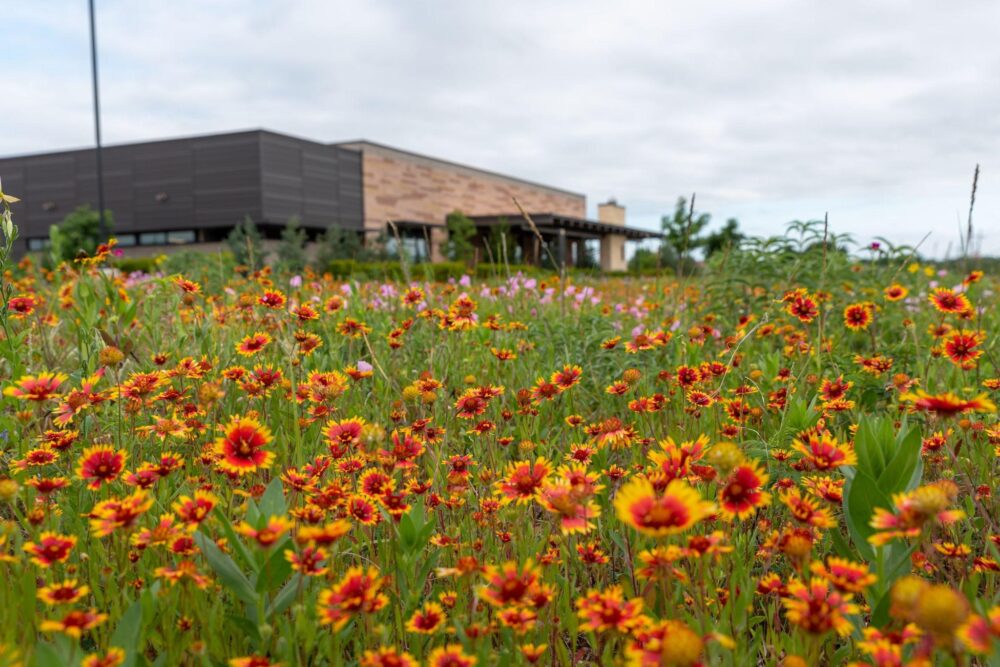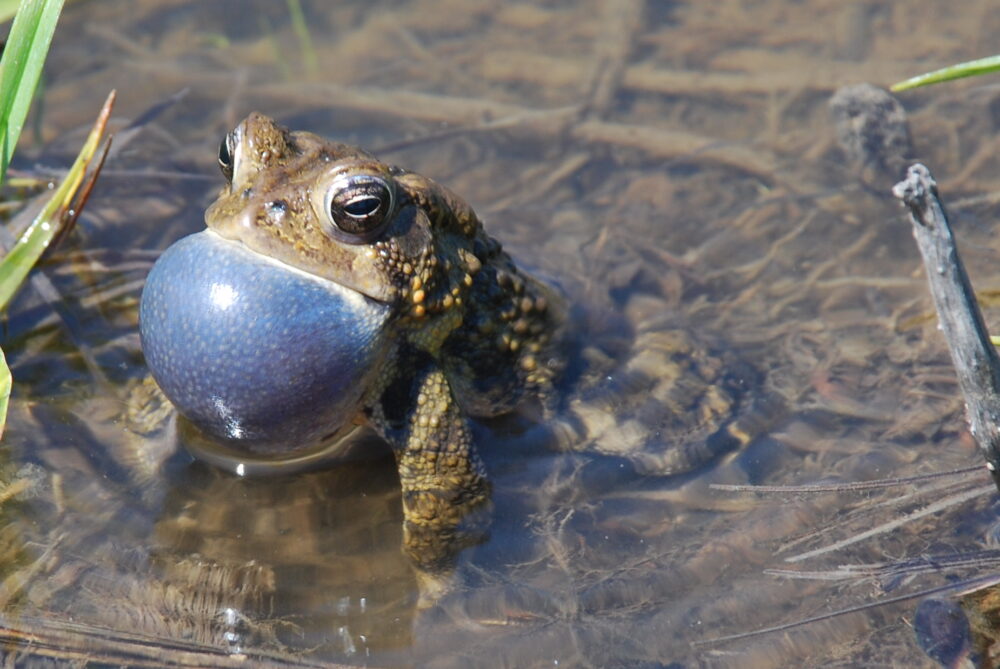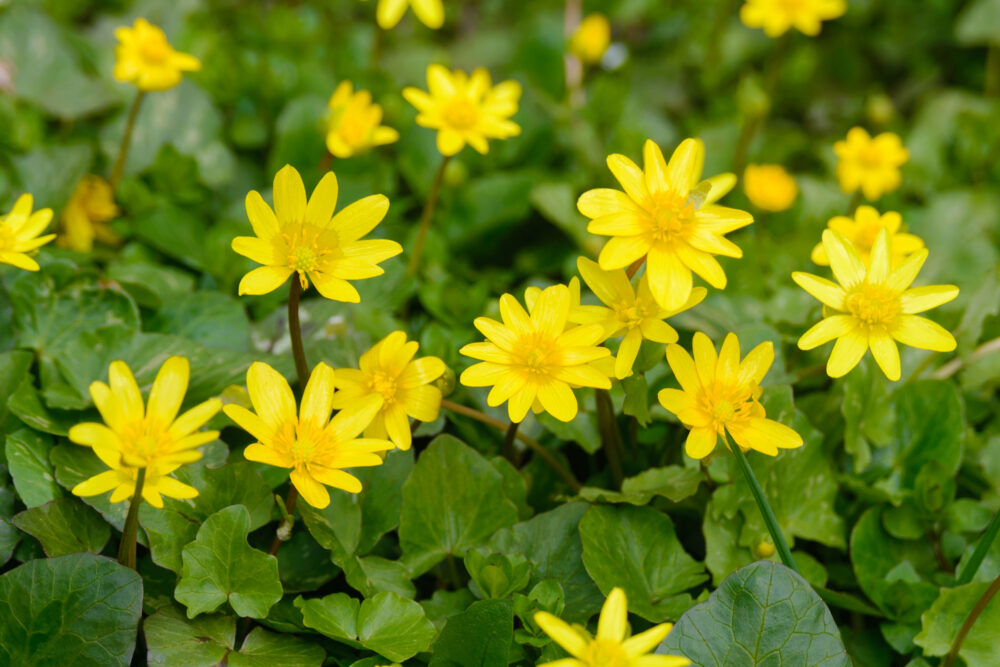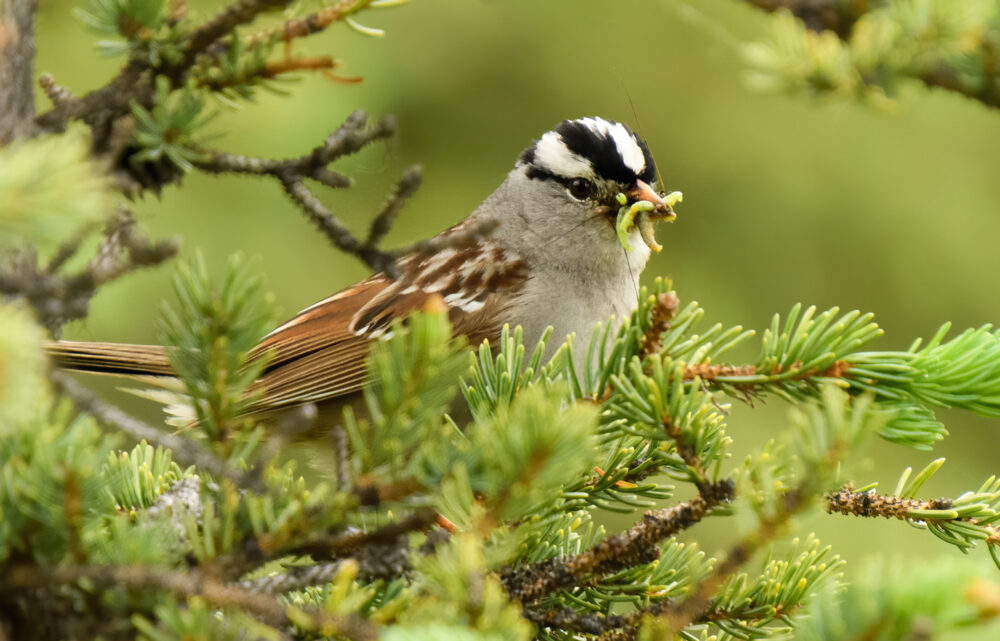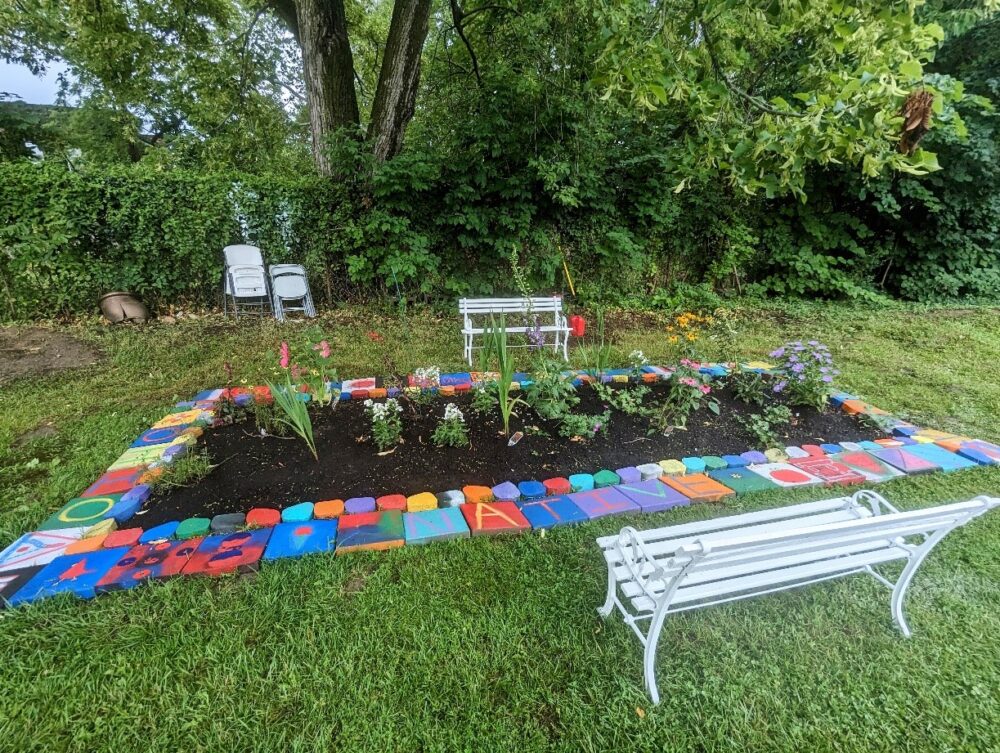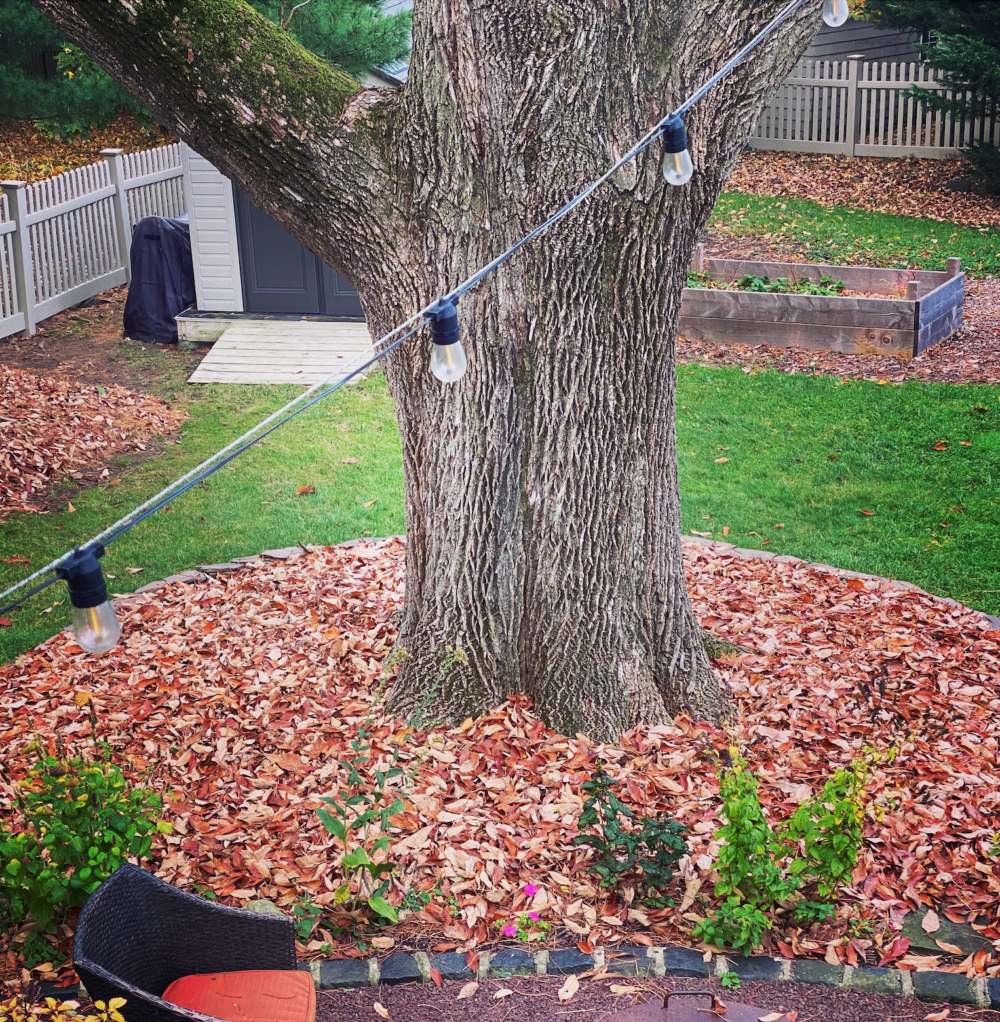We have much more to do and your continued support is needed now more than ever.
Take the Million Pollinator Garden Challenge
The National Wildlife Federation is joining with dozens of conservation and gardening organizations as well as seed groups to form the National Pollinator Garden Network and launch a new nationwide campaign – the Million Pollinator Garden Challenge.
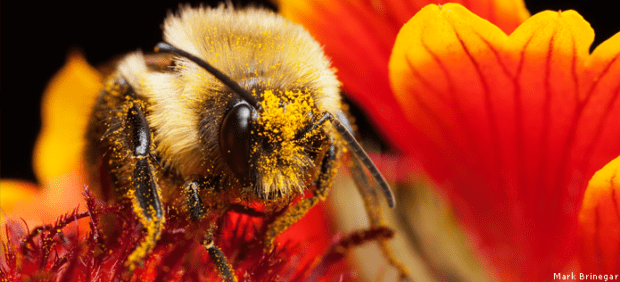
Designed to accelerate growing efforts across America, the Network is launching the Challenge in support of President Barack Obama’s call to action to reverse the alarming decline of pollinators, such as honey bees, native bees and monarch butterflies.
The National Wildlife Federation will work with the Network to rally hundreds of thousands of gardeners, horticultural professionals, schools, and volunteers to help reach a million pollinator gardens by the end of 2016.
Take the Million Pollinator Garden Challenge
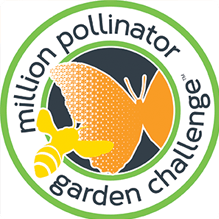 You can participate the Million Pollinator Garden Challenge by turning your yard or garden into a Certified Wildlife Habitat via National Wildlife Federation’s Garden for Wildlife program. It’s as simple as providing food, water, cover and places to raise young for pollinators like bees, butterflies and hummingbirds. Then visit our website to certify your yard.
You can participate the Million Pollinator Garden Challenge by turning your yard or garden into a Certified Wildlife Habitat via National Wildlife Federation’s Garden for Wildlife program. It’s as simple as providing food, water, cover and places to raise young for pollinators like bees, butterflies and hummingbirds. Then visit our website to certify your yard.
When you certify, you’ll get a personalized certificate, a special garden flag designating your yard as a Certified Wildlife Habitat, a one-year membership to National Wildlife Federation, six digital issues of National Wildlife magazine, a subscription to the monthly Garden for Wildlife e-newsletter, and a discount on wildlife gardening products from National Wildlife Catalog.
Most importantly, you’ll also start attracting beautiful pollinators and get the satisfaction of knowing that you’re making a difference. Each Certified Wildlife Habitat counts towards the ultimate goal of creating one million pollinator-friendly gardens by the end of 2016. Click here to certify now.












